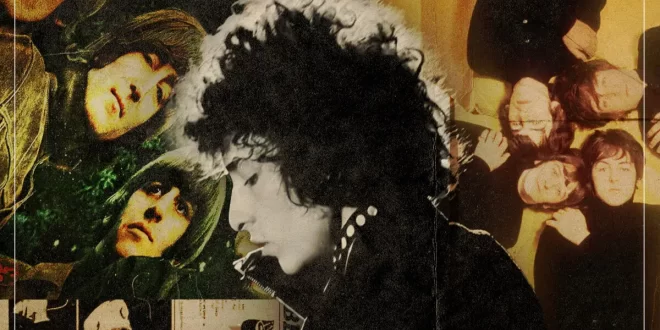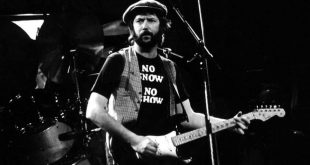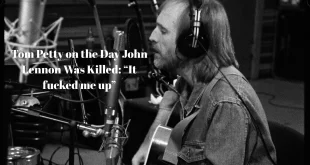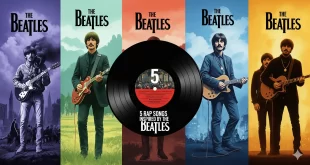Bob Dylan, one of the most influential songwriters in music history, once described a great song as something that transcends mere performance — a piece that “has the sentiments of the people in mind” and triggers a powerful emotional and gut reaction. For Dylan, the delivery mattered less than the song’s ability to take on a life of its own, becoming timeless and universal.
When it came to The Beatles, Dylan was candid about the profound effect certain songs had on him. He singled out one track in particular, praising it as a song that could be instantly recognized as great, regardless of who performed it — as long as the spirit and understanding of the piece were captured.
The Musical Dialogue Between Dylan and The Beatles
The relationship between Bob Dylan and The Beatles was dynamic and mutually influential. Their careers overlapped during the 1960s, a time when rock and folk music were evolving rapidly. Dylan’s introspective and poetic songwriting inspired John Lennon and Paul McCartney to explore deeper lyrical themes, culminating in albums like Rubber Soul, often described as Lennon’s “Dylan period.”
Dylan, in turn, admired The Beatles’ musical innovation and their ability to craft songs that resonated worldwide. The Beatles’ arrival on The Ed Sullivan Show in February 1964 marked a seismic moment in American music, sparking a tidal wave of British Invasion bands and reshaping the musical landscape overnight.
Steve Van Zandt, guitarist for Bruce Springsteen’s E Street Band, famously said, “On February 8, there were no bands in America; on February 9 we had Ed Sullivan and on February 10, everybody had a band in their garage.” Yet, by 1965, American folk-rock, spearheaded by Dylan and The Byrds, reasserted its presence on the charts, signaling a musical dialogue between British pop and American folk traditions.
Dylan’s Praise for ‘Taxman’
Among The Beatles’ catalogue, Dylan reserved special praise for the track Taxman from the 1966 album Revolver. He described it as a song that “follows the logic of the heart and stays in your head long after you’ve heard it.” To Dylan, Taxman wasn’t just a cleverly written critique of taxation; it was a piece that transcended performance style or vocal prowess.
He said, “It can be played with a full orchestra score or by a strolling minstrel, and you don’t have to be a great singer to sing it. It’s bell, book, and candle. Otherworldly. It transports you and you feel like you’re levitating. It’s close to an out-of-body experience.”
Such words from Dylan highlight how Taxman defies convention and genre, embodying an emotional resonance and musical sophistication that few songs achieve. The song’s biting lyrics, driven bassline, and inventive guitar work make it a timeless commentary and a masterpiece of composition.
The Lasting Legacy of the Beatles-Dylan Connection
The influence The Beatles and Dylan exerted on each other helped redefine popular music. Dylan’s poetic lyricism encouraged The Beatles to move beyond simple love songs, while The Beatles’ studio experimentation and melodic inventiveness expanded Dylan’s musical horizons.
This ongoing artistic conversation between two of music’s greatest forces produced some of the 20th century’s most enduring songs. Taxman stands as a shining example of this synthesis — a song that remains powerful and relevant, and which Dylan himself described in terms usually reserved for profound spiritual experiences.







One comment
Pingback: Bob Dylan’s Favourite Beatles Song: “Their Chords Were Outrageous” - The Beatles